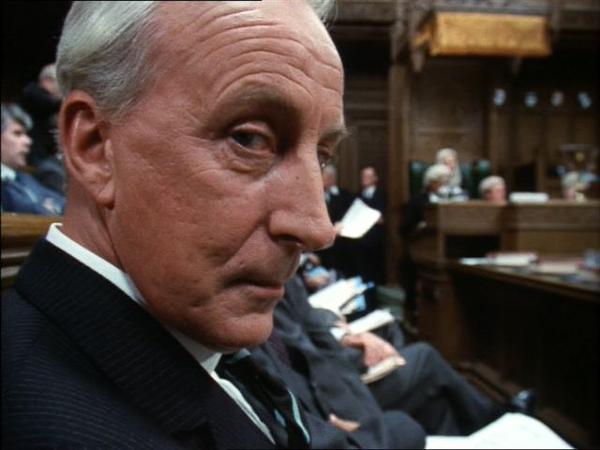Imagine the following game. You are given a random number between 1 and 100 and must communicate its value to a friend. But you're only allowed to use the words 'low' and 'high'. You win £100, less the difference between your number and your friend's guess. If your number is 40 and she guesses 60, you'll win £80 (£100 less the £20 difference). If your number is 40 and she guesses 90, you'll only win £50. You're allowed to discuss strategy in advance, and we will assume that you are risk averse and so are interested in finding a way of maximising your guaranteed win (a 'maximin' strategy).
One approach is this: you might agree in advance that you will say 'low' if the number is 1-50, and 'high' if it's 51-100. Your friend would then guess 25 when you say 'low', and 75 when you say 'high'. That way you'll never win less than £75.
But what happens if you're given the number 50? In this case, it might be better not to communicate at all. That way your friend has no information and may choose to minimise losses by guessing 50, guaranteeing (she thinks) a win of at least £50 but in fact (as you know) giving you a win of £100. This would be a form of strategic vagueness: your friend is more likely to make a better decision if you don't use your limited lexicon of 'high' and 'low' at all.

"...I couldn't possibly comment."
Given that the aim of analytical communication is accurately to convey information, and that our language, while rich, is nevertheless finite in its expressive range, we should expect to find real-life situations in which a strategically vague response is more likely to induce the correct belief in the receiver of the message. Of course there are venal reasons for vagueness, including avoidance of accountability. There is also a range of other philosophical theories for the origin of linguistic and epistemic vagueness. But the possibility that strategic vagueness might be an optimal communications strategy opens some interesting questions for analysts and their customers.
